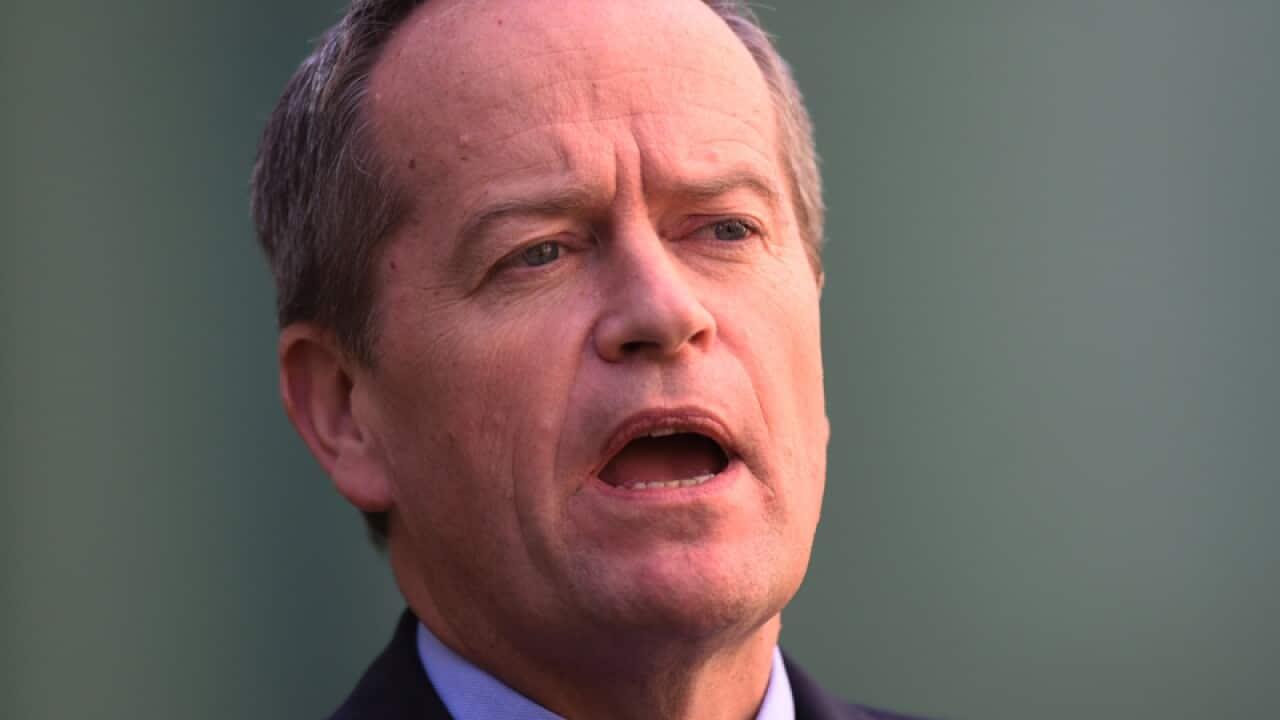Michelle Grattan, University of Canberra
The plan would remove the tax-free concession available to people with annual superannuation incomes from earnings of more than $75,000 – that is, accounts with about A$1.5 million in them.
From July 1 2017, future earnings on assets supporting income streams would be tax-free up to $75,000 a year for each individual. Earnings above the $75,000 threshold would attract the same concessional rate of 15% that applies to earnings in the accumulation phase.
The measure would affect about 60,000 superannuation account holders with superannuation balances of more than $1.5 million.
Another 9500 account holders would be affected by changes to the similar concessions for defined benefit superannuation schemes.
Labor stresses its policy would not have an impact on the full or part aged pension as the basic income test for the aged pension, both single and partnered, is under the $75,000 threshold. Capital gains would be grandfathered under the plan.
A Labor government would also reduce the threshold at which the high income super charge (HISC) kicks in from $300,000 to $250,000.
At present someone on $250,000 receives a concession of 30% from their top marginal tax rate on superannuation contributions, while a person on $35,000 gets a concession of only 4%.
The Labor government brought in the HISC which reduced the tax concession for people on incomes over $300,000 by 15% on their contributions. These high contributions are now taxed at 30%.
The proposed lowering of the HISC threshold to $250,000 would affect about 110,000 people.
Labor’s change “would more closely align the concessions received by those on middle incomes with those on very high incomes, so that tax relief for superannuation contributions are distributed more fairly, and sustainably.
“Even under the proposed changes, high income individuals will still maintain a 15% tax concession on their superannuation contributions,” the policy says.
Shorten that if Labor were elected these would be the “final and only changes we will make to the tax treatment of superannuation”.
“We believe that these changes are all that are needed to ensure sustainability at the very top end of our superannuation system,” he said. They were “all about putting fairness back into the system”, and they were also good for the budget. Obviously, however, a Labor government would want to see what more it could do to close the gender gap in retirement savings.
Shorten said that together with Labor’s measures against multinationals' tax minimisation, the changes would return more than $20 billion to the budget over a decade.
Shadow treasurer Chris Bowen said the tax free status for all superannuation earnings for high income earners was an unsustainable cost to the retirement income system.
“Labor’s preferred approach is to modestly reduce the concessions accruing to superannuation funds that typically have assets of more than $1.5 million by 15%. We think $1.5 million strikes the right balance in terms of the equity and sustainability,” Bowen said.
The policy points out that high income earners, especially those with very high incomes, receive a disproportionate amount of the superannuation tax concession because the difference between their marginal tax rate and the concessional superannuation rates grows as their income rises.
The government’s recent financial system inquiry found 10% of people received 38% of super tax concessions.
It said the majority of tax concessions accrued to the top 20% of income earners.
Showing how individuals would be affected by the changes, the policy gives the example of “Susie”, aged 63, retired, and with $1.8 million in super. Her super earnings are tax free. Last year it earned $90,000, which she took as income. Under Labor’s policy $75,000 would be tax free but she would pay 15% on the remaining $15,000. This would be $2250.
In an example of the lowering of the HISC threshold “Jane”, 45, earns $235,000 and contributes $22,325 to super, for a total of $257,325. As $7325 of her combined total exceeds the cap, under the Labor policy she continues to receive a 30% tax concession up to the $250,000 threshold and then receives a 15% concession on her top marginal rate of 45% on the contribution she makes above the $250,000 threshold.
The Labor document says on present policies the cost to the taxpayer of superannuation earnings tax concessions, or foregone budget revenue, would nearly double over the next four years, from $11.8 billion in 2014-15 to $22.4 billion in 2017-18.

Michelle Grattan does not work for, consult to, own shares in or receive funding from any company or organisation that would benefit from this article, and has no relevant affiliations.

